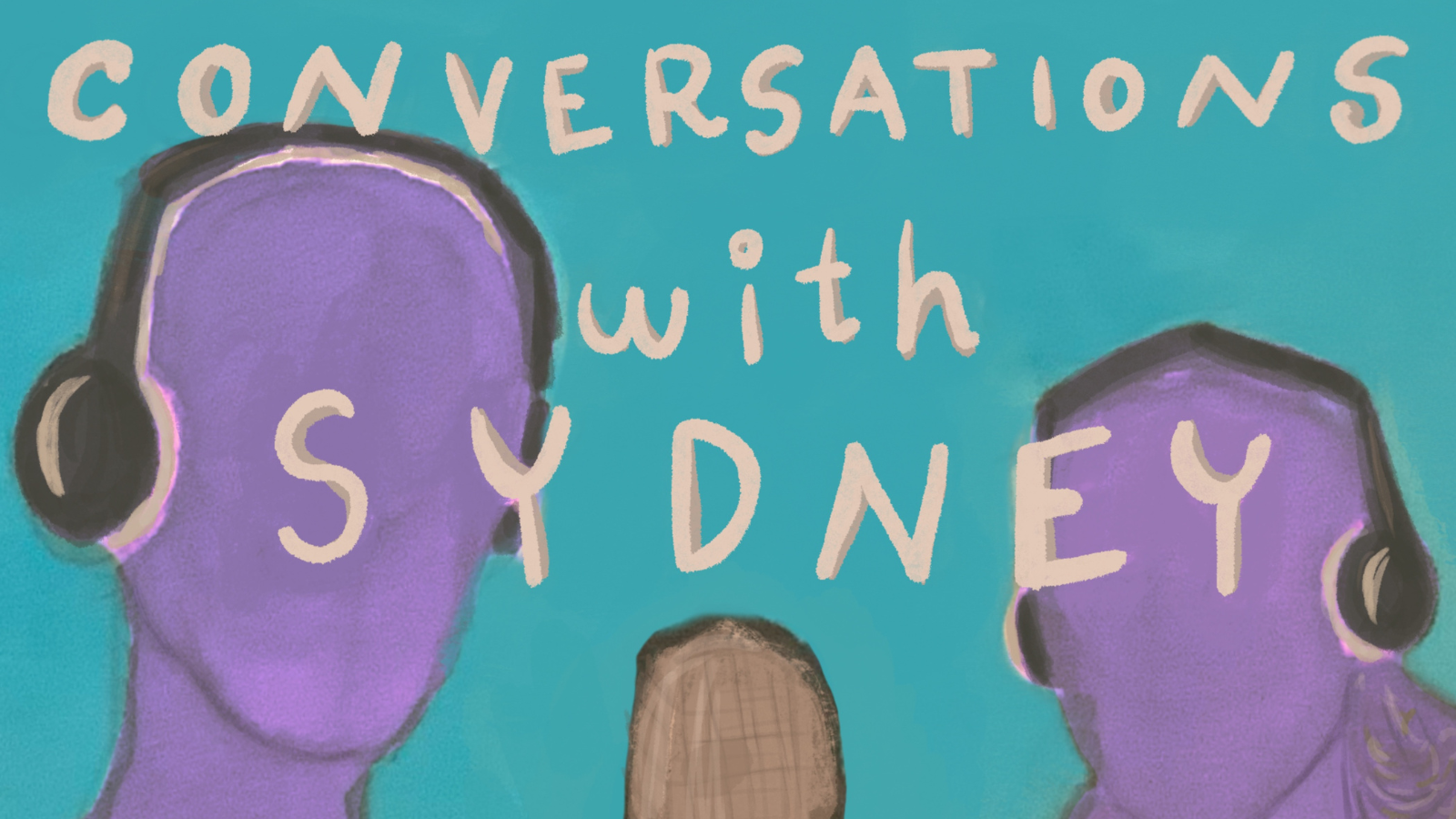Editor's note: This report discusses themes of suicide and self-harm that may be upsetting to some readers and listeners.
At a family dinner one night, 17-year-old Sydney Fink voiced concerns about their classmates discussing suicide and self-harm. And they experienced those thoughts too, fueled by pandemic isolation from their peers and uncertainty around their gender identity. When Sydney told their father, Micah Fink, how they were feeling, he panicked.
“My dad … completely overreacted and sort of shut it down for a while,” Sydney says.
Upon hearing about his child’s mental health struggles, Micah says, his first instinct was fear. But after talking more, he and Sydney learned that open communication is one of the best ways to support teens coping with mental health crises.
“Like many, many, many people, I was under the then mistaken impression that by talking about suicide, we might actually make the situation worse,” Micah says.
Sydney and Micah host WBGO’s solutions-oriented podcast “Conversations with Sydney,” where they discuss how parents, other teens, schools and anyone else can respond to the ongoing crisis around teenage mental health. The pair hopes that by exemplifying open conversations between a parent and a teenager, they’ll encourage other families to do the same.
“You're not alone and it doesn't have to be that you're living in constant darkness,” Sydney says. “If you are living with depression, whether or not you're suicidal, you don't have to just accept that this is the way it is and this is the way it's always going to be.”
3 tips for starting conversations about teenage mental health from Sydney and Micah Fink
Don’t discourage talking about negative feelings
As Micah says, many parents think that talking about depression or suicide can be destructive. But giving your teen a healthy space to voice their feelings and offering support when they do can help them pivot to positive coping strategies.
“Talking about suicide is actually the best thing you can do,” Micah says, “because Sydney was certainly thinking about it, their friends are certainly thinking about it, and it's not going away.”
Be direct when something seems different in your teen’s life
When Micah first saw self-harm scars on Sydney’s hands, he didn’t say anything because he didn’t want to embarrass them. But he regrets not directly addressing the initial signs of distress in their life when he first noticed them.
“Both of us really started to understand that it was important to talk about these things,” Micah says, “and important to ask people, ‘Are you feeling suicidal?’”
Have conversations about mental health consistently, not just once
Micah and Sydney do this over and over again on their podcast, but others can keep these conversations going by checking in on their teen every so often and establishing a space where the teen feels comfortable bringing up changes in their mood or feelings.
“Don't be afraid to try to pull yourself up,” Sydney advises. “Look to other people who can help you.”
If you or someone you know may be considering suicide or is in crisis, call or text 988 to reach the Suicide & Crisis Lifeline.










